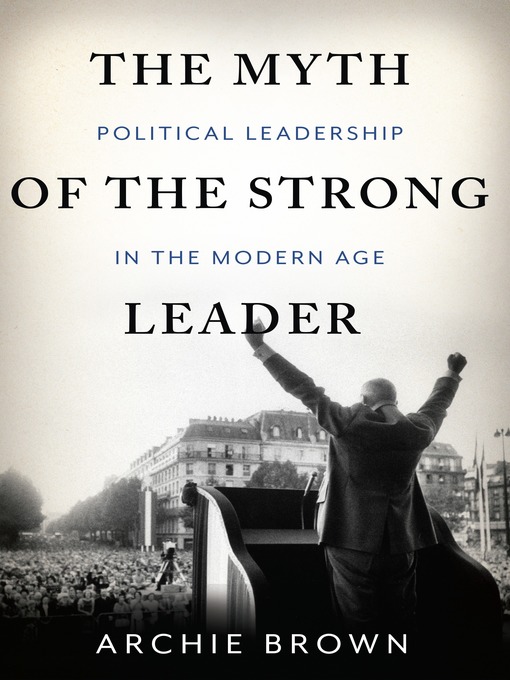- New eBook additions
- eBook Fiction Available Now
- eBook Nonfiction Available Now
- New kids additions
- New teen additions
- Most popular
- Try something different
- See all
- New audiobook additions
- Audiobook Fiction Available Now
- Audiobook Nonfiction Available Now
- New kids additions
- New teen additions
- Most popular
- Try something different
- See all


